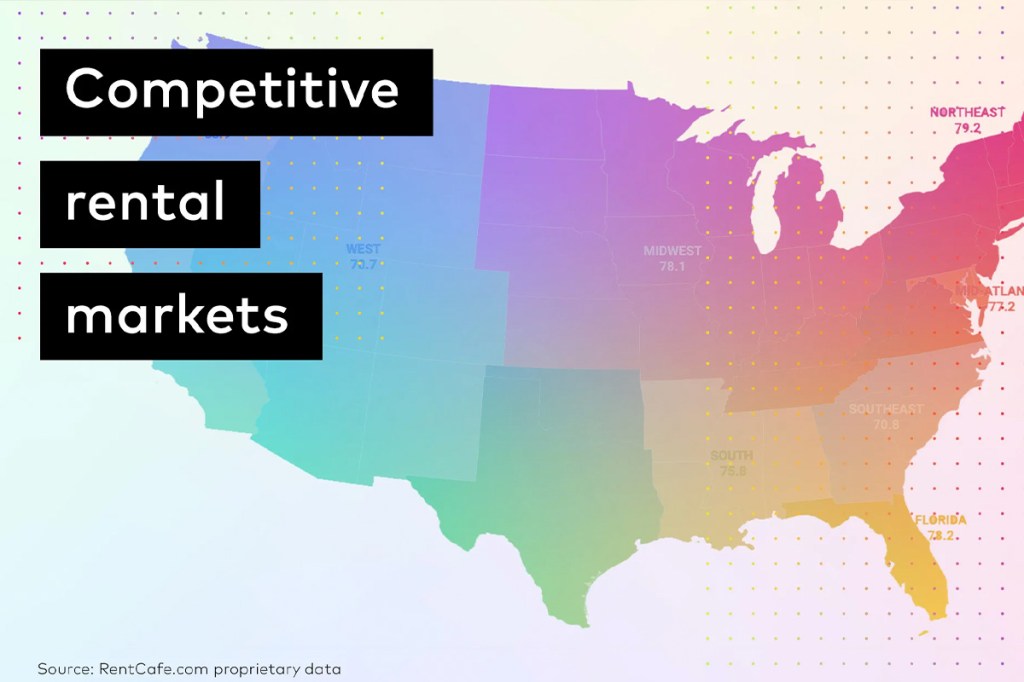
Spend time with professionals from the affordable housing space and you’ll likely hear a timely HUD topic brought up in conversation: HOTMA. It’s a law that has many affordable housing providers asking questions and perhaps feeling concerned about how they will implement new compliance mandates.
We met up with Gabrielle Van Horn, Yardi PHA director and Dave Kessler, Yardi vice president of affordable housing, to learn more about HOTMA and what it means for affordable housing organizations. They also provide insight on Yardi’s plans to accommodate new compliance mandates that will affect households as they qualify for housing units.
First, tell us what HOTMA stands for?
Gabrielle: HOTMA is an acronym for the Housing Opportunity Through Modernization Act. It was signed into law in July 2016 and goes into full effect on January 1, 2024.
What is Congress asking HUD to achieve by implementing HOTMA?
Dave: HOTMA is an opportunity for HUD to standardize the way affordable housing programs calculate income. For example, in the past, a household’s calculated income would vary depending on the applicable affordable housing program. Now, with HOTMA, it’s less confusing for housing providers because it standardizes the deductions and exemptions that factor into making a final determination of a household’s income.
Gabrielle: Factors such as deductions from income for households with seniors are not only being recalculated, but also standardized across certain programs. That’s good news for programs affected by HOTMA.
What should affordable housing providers be working on now to prepare for upcoming changes?
Gabrielle: Like anything with HUD, there are aspects of HOTMA that may be a challenge to comprehend and implement. There is a lot to learn and prepare for as the January deadline approaches.
Dave: Yardi, as well as other affordable housing software vendors, is updating our technology to accommodate changes required by HOTMA. We’ll have online coursework for our clients to make sure they remain compliant throughout the process.
We are also expecting to soon see HUD’s updates to forms 50058 and 50059, as well as other forms that are directly affected by HOTMA. Once we see those in final format, Yardi will make sure our clients have access to them in our software and that the data fields and calculation formulas are adjusted for HOTMA compliance.
Gabrielle: I also want to express that training organizations and nonprofit affordable housing advocacy groups are the best resources for learning about HOTMA. I follow NAHRO’s blog and social media posts for up-to-date information on HOTMA, including training resources they’ve been sponsoring. I recommend this type of training for affordable housing providers and that they get started as soon as possible.
What would be an example of an upcoming change?
Gabrielle: One that’s sure to help many is the increased income deductions for seniors. Increasing those deductions will make it easier for households to qualify for a unit. It makes sense to make that adjustment now, especially as inflation has increased expenses.
How will Yardi software adapt to HOTMA?
Dave: We are actively working on updates to Yardi Voyager and Yardi Breeze Premier. We’re focused on having that technology ready when our clients are required to adopt HOTMA standards.
Gabrielle: We’ve also made additional support staff available so our clients can get help with Yardi software. But, again, learning HOTMA regulations and compliance mandates is best done with training resources such as NAHRO and other private affordable housing consultants.
What is the best way for NAHRO members to learn more about Yardi software & services?
Dave: We’re at every major industry event, including all NAHRO conferences throughout the year. If you see us online or in person, please take a moment to ask for a demonstration. We’re happy to demo our products and share what we have planned for HOTMA.


